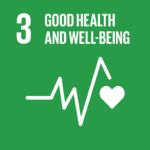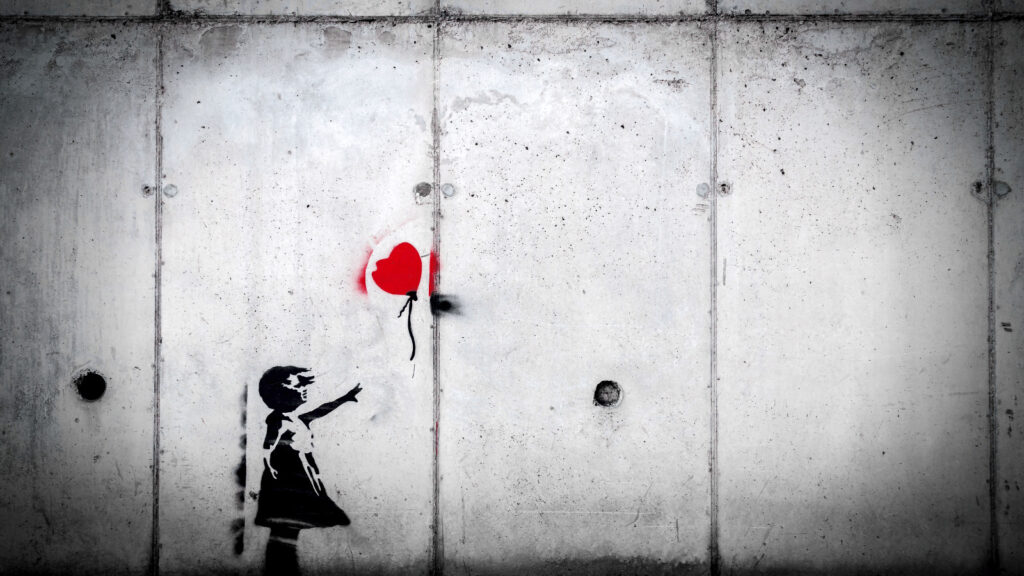It’s okay not to be okay. But it’s not okay to admire the broken system of mental health. If you know someone is struggling with mental health, stop waiting for them to ask for help. Here’s what you can do !
Mental health issues is a shared part of our society and our humanity. We all have mental health but different aspects can be hit harder than others. While some of us might show outward signs of our struggle, others don’t — doing battle with their struggles in silence while they continue to show up and show out when and where it’s expected of them.
RELEVANT SUSTAINABLE GOALS

When Someone Is Struggling : What Don’t you Realise
Once you know that your friend and loved ones are struggling, you can start to make a plan of action and open up the door of support and outreach. Here, we’ll go over 3 simple things you can do to help :
1. Dont Ask Why
There’s no ‘why’ in mental health issues. “People who need help often do not know why they need help”. There’s no way to justify or rationalise the feelings they have. It is deemed unavoidable.
Also, avoid making comparisons or staging a “competition” for who feels the worst. Instead, engage with by using active listening techniques:
- Ask questions to get more information instead of assuming you understand what they mean.
- Validate their feelings. You might say, “That sounds really difficult. I’m sorry to hear that.”
- Show empathy and interest with your body language.
They may not feel like talking the first time you ask, so it can help to continue telling them you care. Keep asking open questions (without being pushy) and expressing your concern. Try to have conversations in person whenever possible. If you live in different areas, try video chatting.
2. Stay in Touch and Tell them “You Are Matters”
Letting your friends or loved ones know that you still care about them can help. Even if you are not able able to spend a lot of time with them on a regular basis, check in regularly with a text, phone call, or quick visit. Even sending a quick text saying “I’ve been thinking of you and I care about you” can help.
People living with mental health issues may become more withdrawn and avoid reaching out, so you may find yourself doing more work to maintain the friendship. But continuing to be a positive, supportive presence in your friend’s life may make all the difference to them, even if they can’t express that to you at the moment.
3. Be Present With Them
It is tough to find helpful words to someone who is struggling with mental health. Don’t be afraid to say, “I am not sure what to say right now.” Stay mindful that the words you know can make a big difference. And if you’re not careful, your words might do more harm than good.
If you think you’ve said something hurtful in the past, apologize. Be authentic Explain that you weren’t sure what to say or that you didn’t understand. An apology can help someone begin feeling better if your words haven’t been helpful in the past.
Disclaimer
ChangeMakr Asia does not provide medical advice, diagnosis, or treatment. Any information published on this website or by brand is not intended as a substitute for medical advice, and you should not take any action before consulting with a healthcare professional.



